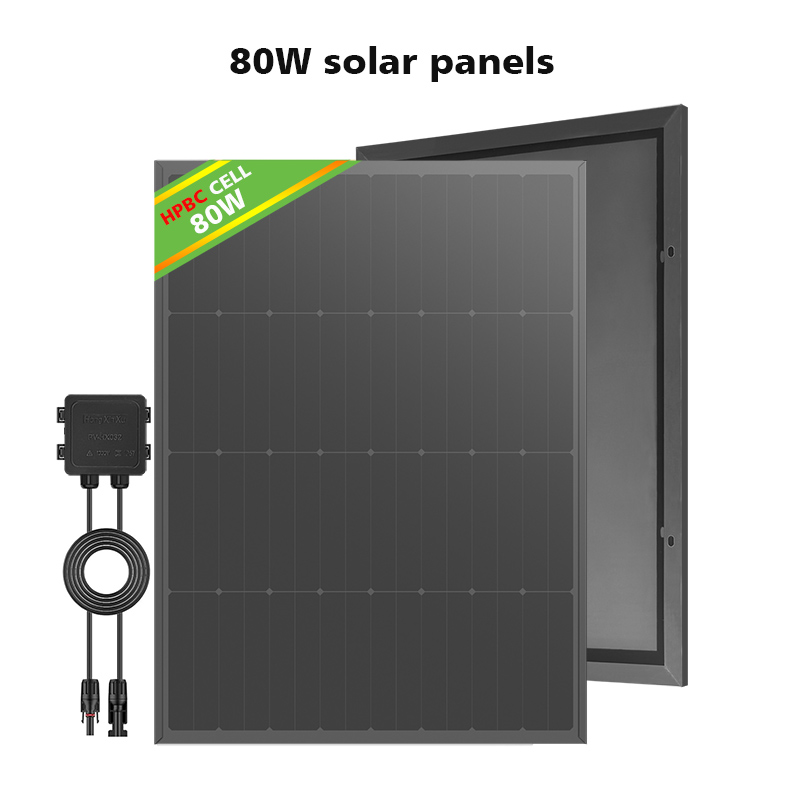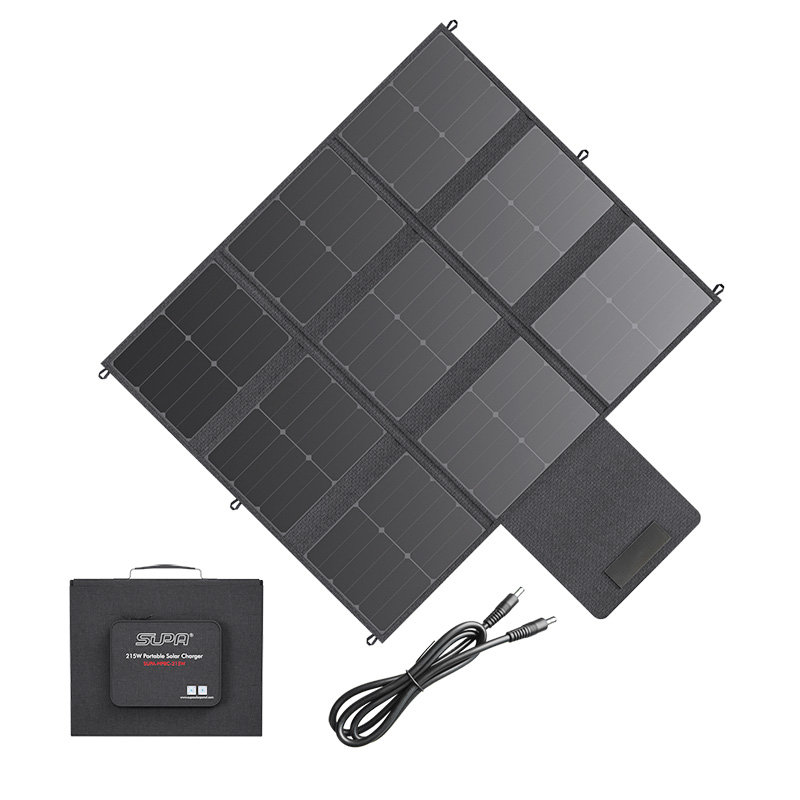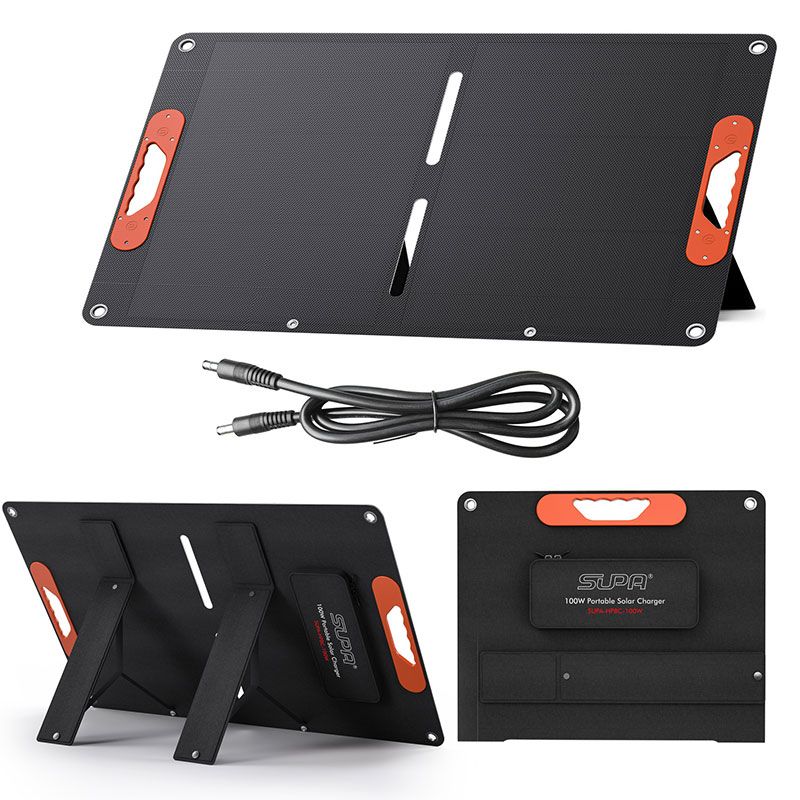Company News
As the global demand for clean energy grows, solar panels have become a key component of renewable energy systems, rapidly spreading worldwide. However, as solar technology becomes more widespread, attention has turned to the lifecycle of solar panels, particularly the question of whether they can be recycled once they reach the end of their lifespan. This issue concerns not only environmental protection but also the sustainability of resource utilization. The answer is yes—solar power panels can indeed be recycled. To better understand the recycling process, challenges, and current status, let's explore this topic from various angles.
1. Composition of Solar Panels and Their Recycling Value
Solar power panels are primarily composed of the following parts:
Silicon (Si): The most critical component of solar panels is photovoltaic cells made of silicon, a semiconductor material that converts sunlight into electricity.
Glass: This is used to protect the solar cells and ensure structural stability.
Aluminum Frame: Provides support and enhances the durability of the panel.
Copper and Silver: These are used for electrical connections, and silver, in particular, is valuable for recycling due to its higher cost.
Plastic or Polymer Materials: These serve as encapsulation materials, protecting the internal components from environmental factors.
Because these materials, especially metals like silver and aluminum, have significant recycling value, recycling solar energy panels is not only feasible but also economically advantageous.
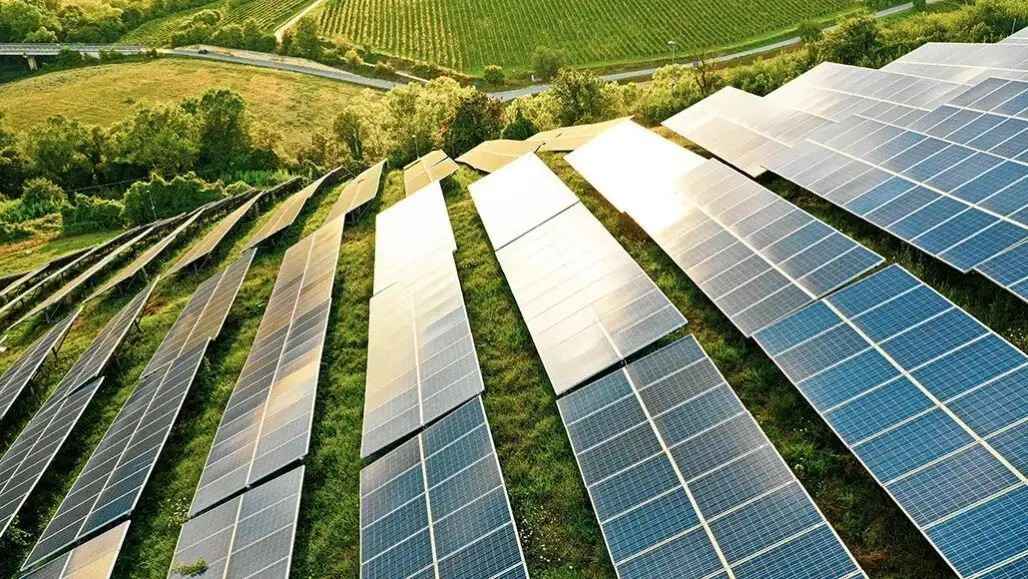
2. The Solar Panel Recycling Process
The recycling process for solar energy panels typically involves three main steps:
Disassembly: The first step is to disassemble the solar panel by separating the aluminum frame and cables. This is a relatively simple process with a high recovery rate, as the aluminum and copper wires can be directly recycled.
Material Separation: Next, the glass and silicon are separated. The glass is usually recyclable and can be reused in construction or other industrial products. Silicon can be treated using chemical or thermal processes and repurposed to manufacture new solar cells.
Metal Recovery: Through chemical or mechanical methods, metals like silver and tin are extracted from the cells for industrial reuse. The recovery of these precious metals is the most economically valuable part of the recycling process.
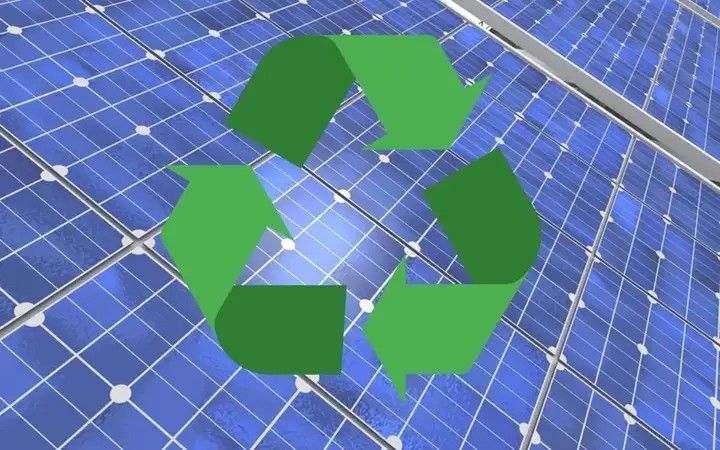
3. Challenges in Solar Panel Recycling
Despite the high potential for solar energy panel recycling, there are still some challenges to overcome:
High Recycling Costs: Compared to manufacturing new solar panels, recycling can be expensive, primarily due to the complexity of the treatment processes and the costs associated with material separation.
Insufficient Technological Maturity: Although some countries and regions have established relatively mature recycling systems for solar panels, on a global scale, especially in developing countries, the necessary recycling infrastructure is still lacking.
Waste Management: Improper disposal of solar panels can pose environmental risks, especially for those that contain heavy metals. Therefore, strict recycling management standards are needed to minimize potential harm.

4. The Future of Solar Panel Recycling
With the continued advancement of technology, the efficiency of solar panel recycling is expected to improve significantly. In the future, more countries and companies will invest in developing more efficient and environmentally friendly recycling technologies. Policy support will also drive the recycling industry forward. For instance, the European Union has already implemented mandatory regulations for solar panel recycling, and other nations are gradually following suit.
Additionally, solar panels manufacturers are working to develop more recyclable solar panels. By using biodegradable or easily decomposable materials, the next generation of solar panels will be easier to recycle, further reducing their environmental impact.
Solar power panels are not only a source of clean energy but, thanks to advances in recycling technology, their environmental friendliness is further enhanced. Although the recycling process still faces some challenges today, in the long run, with the advancement of technology and the support of policies, solar panel recycling will become a common and efficient solution. This helps reduce waste and opens up new avenues for resource regeneration.
So, the answer is a resounding yes—solar energy panels can be recycled, and with technological progress and policy backing, the efficiency and sustainability of recycling will only continue to improve.


